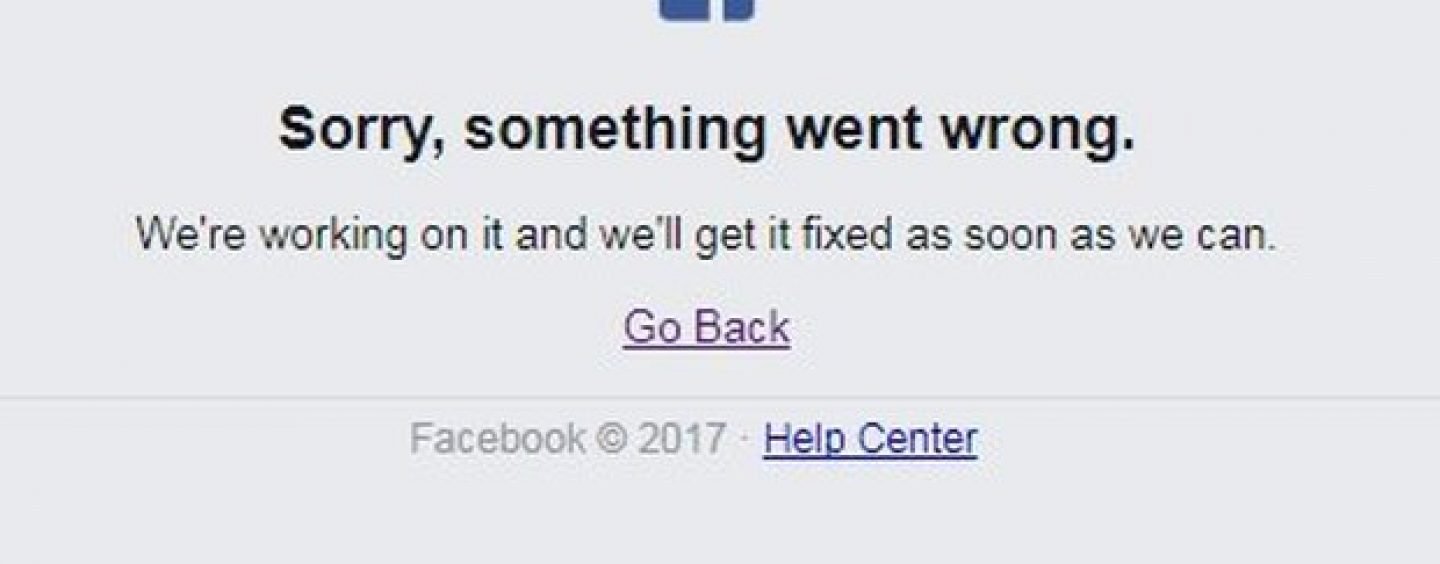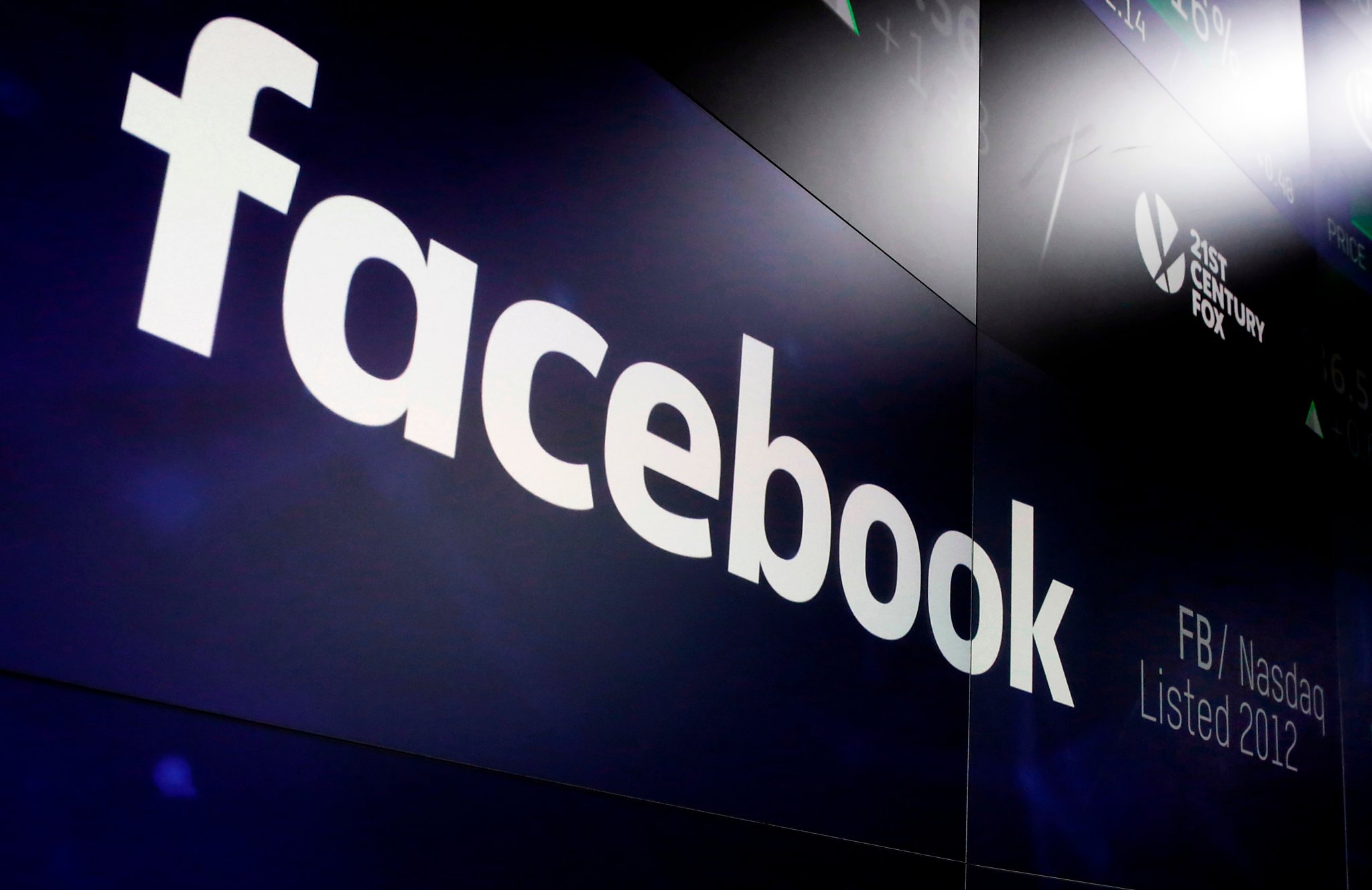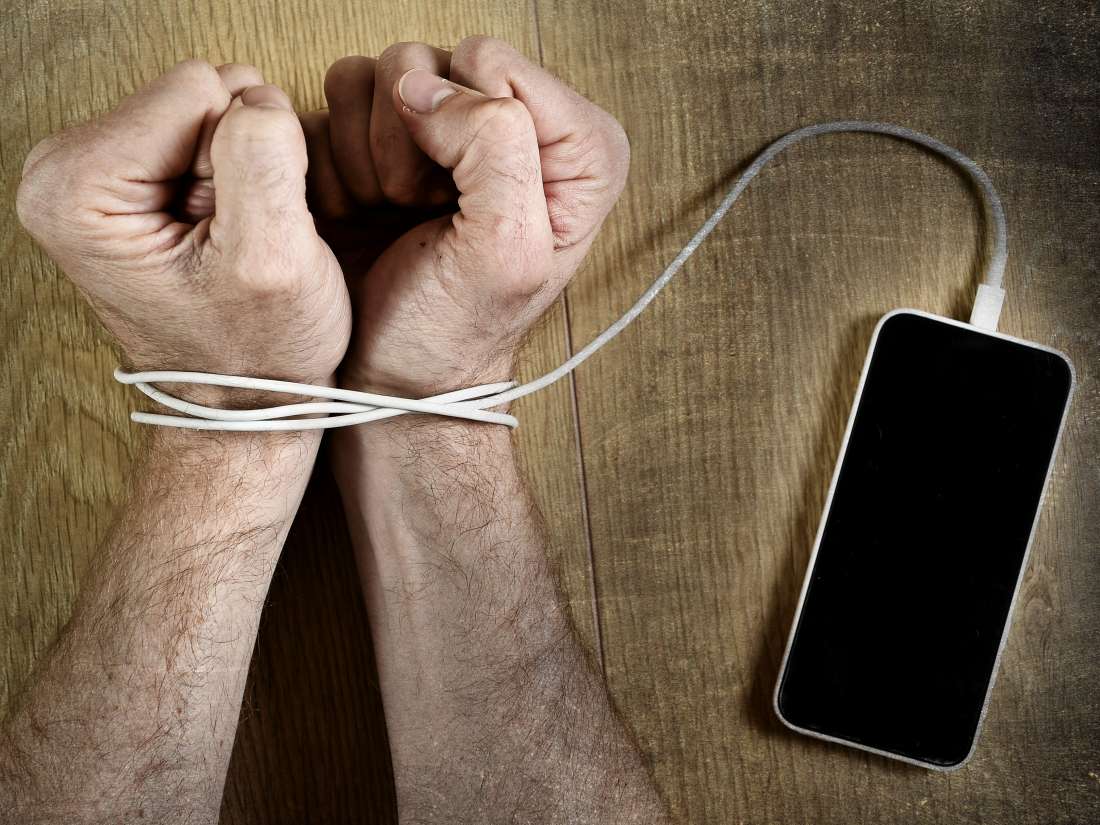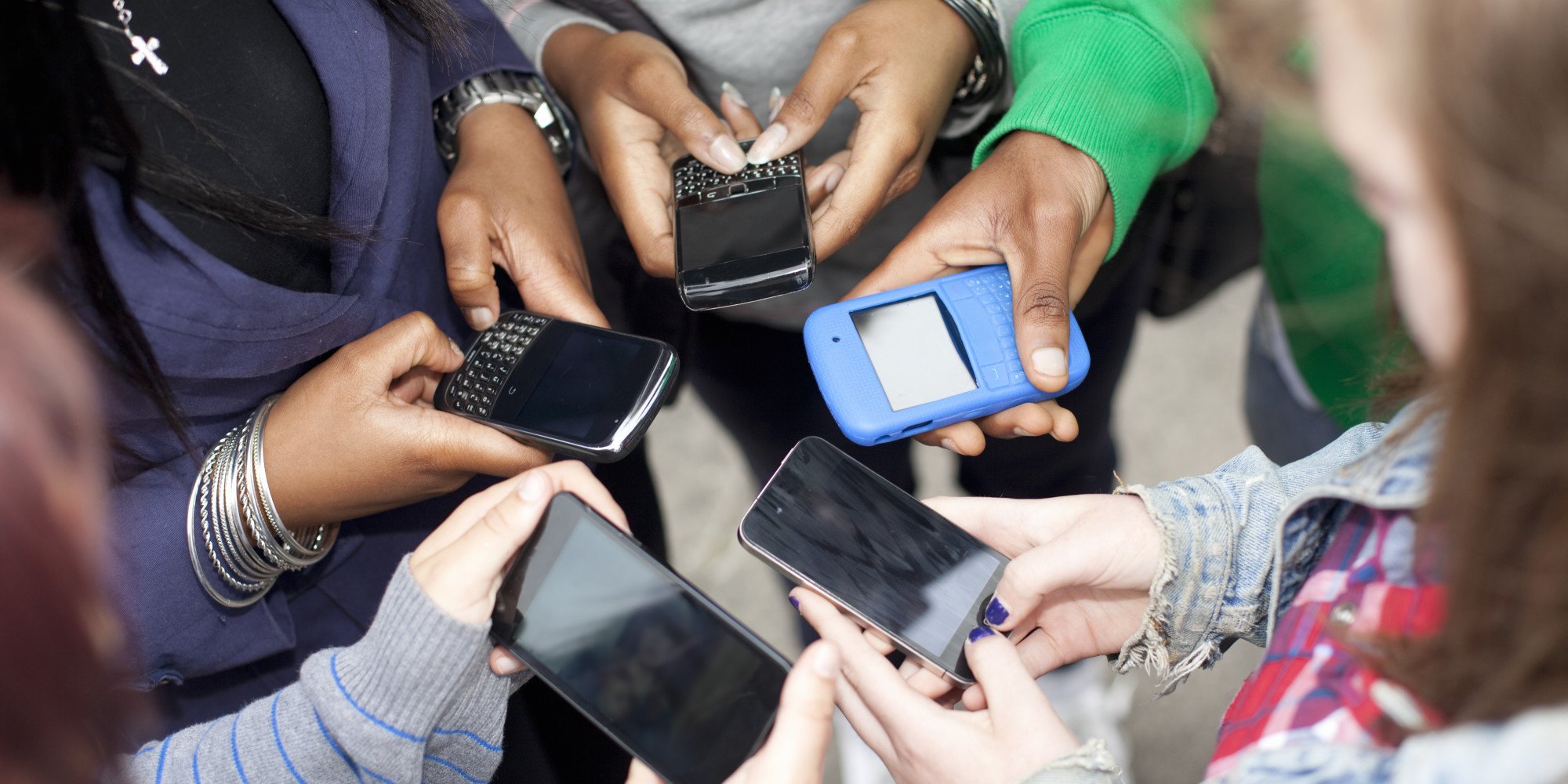© 2000-2023 - Enkey Magazine - All rights reserved
ENKEY SNC - VAT ID IT03202450924 / REA Code CA253701 - Phone. 078162719
The huge Social blackout on March 13th has been a scandal involving thousand of users all over the world.
In the span of a few hours, three of the most popular Social Networks (Instagram, Facebook and WhatsApp) suddenly went dead. And the resulting outbreaks of surprise, disconcert and even panic were momentous – as could be expected.
To make things worse for the angry and upset users, the official sources released no explanations through the endless downtime hours. Word around the street was that “the problem was being fixed”, but no one knew more than that. And especially there was no mention of what might have been the cause of such a massive shutdown.
Furthermore, many people were understandably worried about the possibility of personal data loss, including private messages and passwords.
Fortunately the bugs were almost totally fixed within a couple days. Still, the most outrageous Social scandal in these last years has thrown a new light over how desperately needed Social Networks are in today’s world and how dependent-slash-addicted a great many people are.
The great Social blackout; chronicles of a “disconnected” day
The most severe downtime in the last years has involed three platforms for over 24/h.
Instagram was reportedly the first to stop working. Suddenly, users could no longer access their contents feed nor comment on photos.

{%CAPTION%}Users who had downloaded Instagram’s app suddenly found themselves logged out, and all attempts to login were futile.
The users mob promptly turned to Facebook to discuss what was going on and speculate on the reasons behind Instagram’s malfunctioning. Shortly thereafter, however, Facebook’s own feed seemed to die. Chat, groups and private messages became unavailable.
Concern turned to full blown panics when users realized, to their dismay, that they could not send out vocals on WhatsApp either. The three most popular Social Networks were working on and off, with frequent lags and error messages all over.
What really happened on 13th March?
The damages were extensive – rumors have it that over 100 million dollars have been lost over this mess. The downtime allegedly affected users all over the world, but the ones who had it worse were reported to be our fellow Europeans.
But what were the true reasons of this widespread blackout?

On the spot several theories were made, especially since the official sources were locked up on the matter.
Some thought it might have been a world-scale informatic attack, others blamed the fusion between the three Social platforms announced by Zuckerberg earlier on, some others would tentatively suggest a planned switch-off. Suspicions arose around a possible terrorist attack too – especially in the wake of the mass hysteria that ensued.
A few days later, Mark Zuckerberg announced on Facebook that the downtime had been caused by some server configuration changes. Far more prosaic than the terror-filled theories which had been circulating on the Web.
Anger, fear and growing desperation; the disconnected users reactions
Financial damage notwithstanding, the most upsetting consequences came by far from the users reactions.
Who were forced to retreat on the only platforms still working, that’d be Twitter and Telegram. Following the three Social Networks downtime, an indignant wave of outrage flooded the Internet. It did not help that the problem took so maddeningly long to be resolved.
Conversely, many users were in panic, conjuring up the most horrific scenarios to explain the lack of communications. Some allegedly even rang the Police for help, inquiring on when the Social Networks would again be available – much to the agents bemusement.

Others, a selected few, reacted with irony and sarcasm. The downtime anxiety was parodied by a plethora of new memes and playful pictures, to keep things light.
Still, frustration was the dominant feeling all over the Web. Why? Are Social Networks really so fundamental that we can’t even fathom to lead “disconnected” lives?
Are we addicted to Social Networks?
It’s interesting to figure out how a simple downtime could have such momentous consequences. How much are we “addicted” to Social Networks?

Bergen University in Norway has pointed out how the constant use of Socials (and especially Facebook) may have more than one side in common with alcoholism.
In our everyday day, connection is everything. The Social Networks are our way to stay up to date about what’s going on in the wider world; we rely on them for our interpersonal relationships, and it’s doubtless that they play the lion’s share in our prosocial behavior. Therefore, when these platforms are not accessible, users find themselves isolated under the weight of their – material – loneliness.
Furthermore, Socials are often used as an outlet for frustrations, personal problems, doubts and uncertainties. Which come back to assault users when they are disconnected.
Regardless of its impact on the IT world, the Whatsapp, Instagram and Facebook blackdown has proved how nowadays it’s impossible, exhausting and emotionally taxing to stay disconnected for long times.
There’s no possible throwback to a reality that was part of our everyday life – back when Socials had not been invented yet.
This post is also available in:
![]() Italiano
Italiano
